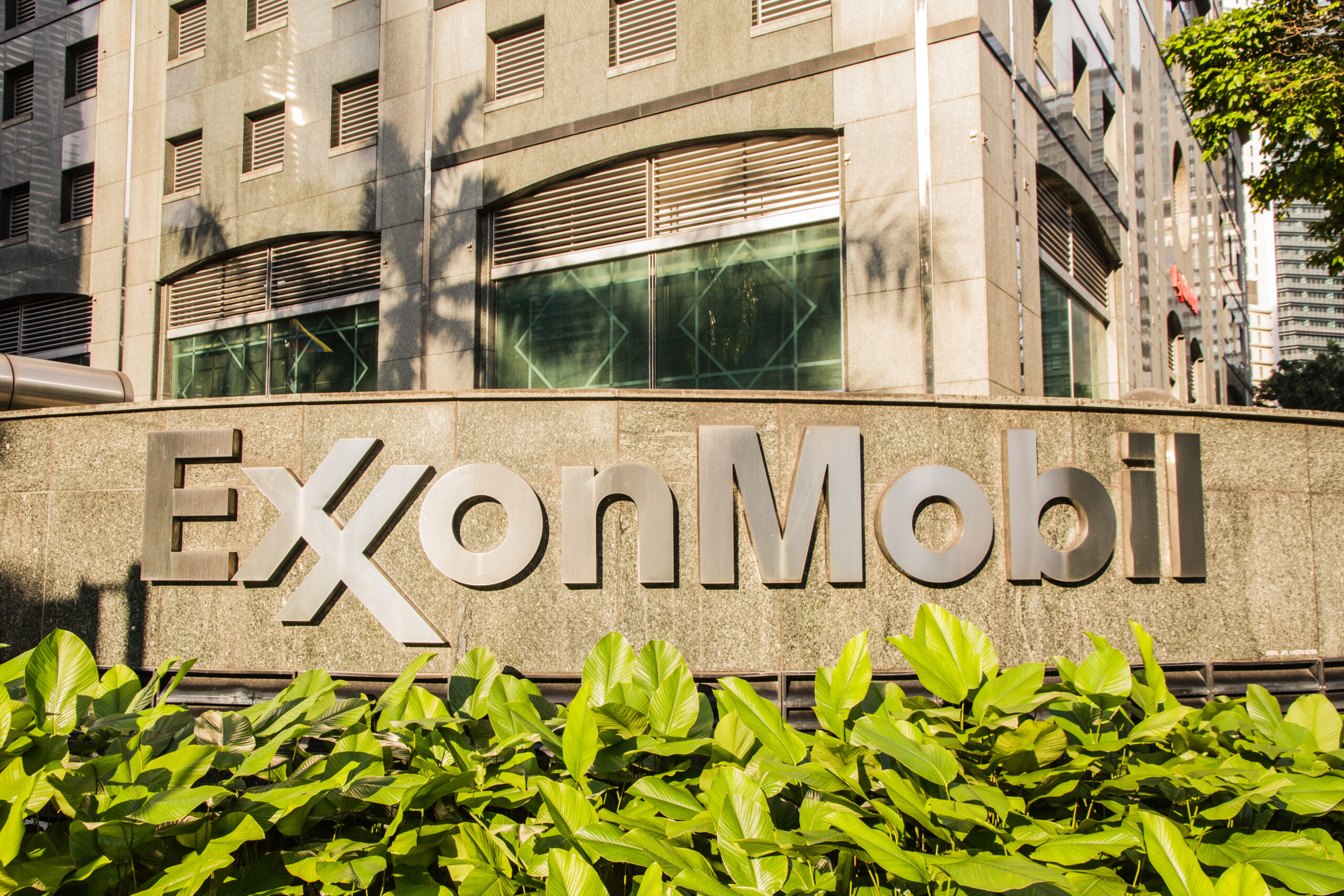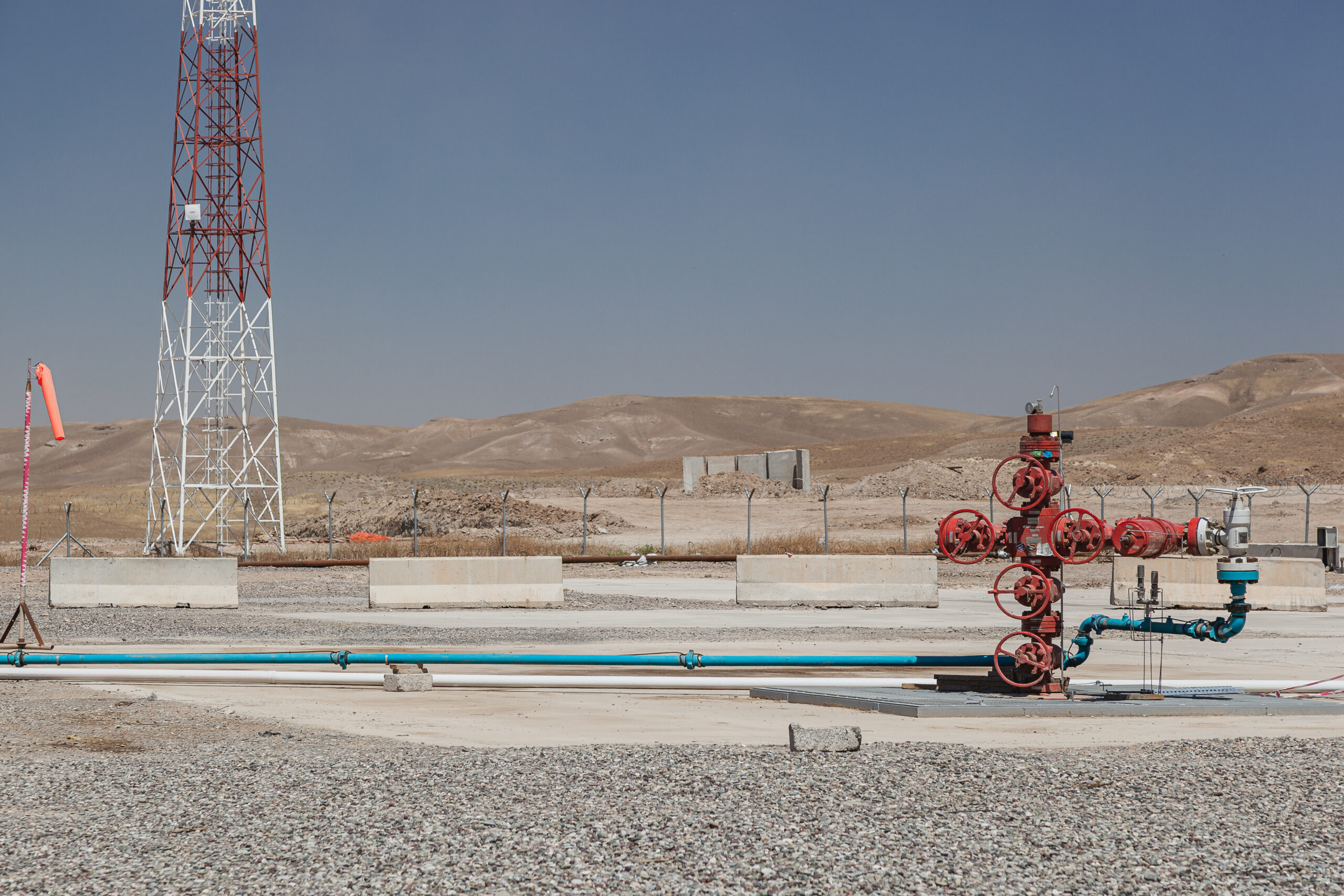ExxonMobil backs gas as key component of future energy mix
An ExxonMobil executive told a London conference that gas is still needed, in spite of growing calls to shift away from fossil fuels towards renewable energy.

(London) U.S. supermajor ExxonMobil expects natural gas to remain a key component of the future energy mix citing an expected rise in global electricity demand, despite growing calls for oil and gas companies to shift away from fossil fuels.
Natural gas is an “abundant, affordable and flexible resource” and failing to acknowledge its role as a transition fuel will mean “higher emissions and high energy price volatility because much-needed gas supplies are not delayed or commissioned,” ExxonMobil’s senior vice president of global LNG, Peter Clarke, told the Wood Mackenzie gas, LNG and the future of energy 2023 conference in London on Wednesday.
He cited growing global population and energy poverty in developing countries as one key reason supporting gas as an energy resource, amid lingering coal generation globally, and added that “calls for a direct shift from fossil fuels to renewables are unrealistic.”
Calls for an accelerated shift away from all fossil fuels towards renewable energy sources have multiplied in recent years in order to meet Paris Agreement global warming targets.
As part of that, world leaders have been negotiating an agreement on the phase-out of unabated fossil fuels, including gas, in the lead up to the COP28 summit to be held in Dubai later this month.
ExxonMobil, one of the world’s largest oil and gas players, is pursuing a portfolio LNG player strategy with the U.S. remaining “a big component of ExxonMobil’s portfolio” as it leverages “a unique advantage in the Golden Pass equity development,” he said.
It is also a partner in the expansion of Qatar LNG, which is due to start in 2026 and which will add 4 LNG trains with a capacity of 32 million tonnes/year as part of a joint venture with QatarEnergy to develop the North Field East project.
Moreover, the company is expanding the Papua LNG development in Papua New Guinea, with a final investment decision expected next year and the start of operations in 2028.
Meanwhile, the U.S. is set to remain a marginal supplier of LNG to the global market amid expectations that the market will grow by 50% in the coming decade, Tarek Souki, executive vice president at U.S. gas firm Tellurian said.
He said the market was adapting to the increasing flexibility demands of buyers as well as the wide range of indexation of contracts required.
The U.S. has been “instrumental in the current wave” of LNG development and is “a key piece of getting the market back into balance,” said Andrew Walker, vice president of LNG strategy and communication at U.S. gas player Cheniere.
He added the company was focused on “value over volume” moving forward.
Panellists agreed that vast cost-competitive gas resources as well as access to financing had contributed to the rapid expansion of U.S. LNG export capacity in recent years.
Future energy supply disruptions
Meanwhile, gas prices remain bullish amid a heightened risk of supply disruptions and with Europe more exposed to LNG than before, a panel on trading said.
“Chances of disruption are higher than in a normal market” including disruption of gas flow through the TurkStream pipeline as well as risks related to the Middle East crisis, Pablo Galante Escobar, head of LNG and EMEA gas and power at global energy trading company Vitol said.
Vitol’s traded LNG volumes reached 17.6 million tonnes of oil equivalent (mtoe) last year, with 80% of supplies diverted from Asia to Europe in response to the energy crisis, he said.
“Overall the system is more vulnerable to supply disruptions… If something happens to the LNG value chain (the market is) exposed to bigger swings,” agreed Javier Moret, global head of LNG at RWE Supply and Trading.
The company has been involved in the development of LNG import capacity in Germany with the chartering of a floating storage and regasification unit (FSRU) installed at Brunsbuttel.
Insufficient LNG imports were a key contributor to the price spikes of last winter, and the deployment of FSRUs has been essential in tackling that, he said.
“LNG has proved it is an instrumental fuel in the energy transition” in overcoming “the big energy crisis of last year” and “can “underpin new fuels,” such as bio-LNG and eLNG, he said.
Tackling methane leaks
Moret said that RWE Supply and Trading was focusing on ways to decarbonise gas, including measures to reduce methane leakage.
The EU struck a deal on November 15 on its first-ever legislation on methane leakage, which will impose binding targets for fossil fuel importers into Europe.
While the agreement is provisional and will have to be formalised by Europe, it is set to have a “significant impact” on the market as well as on the long-term replacement of coal, Escobar said.



